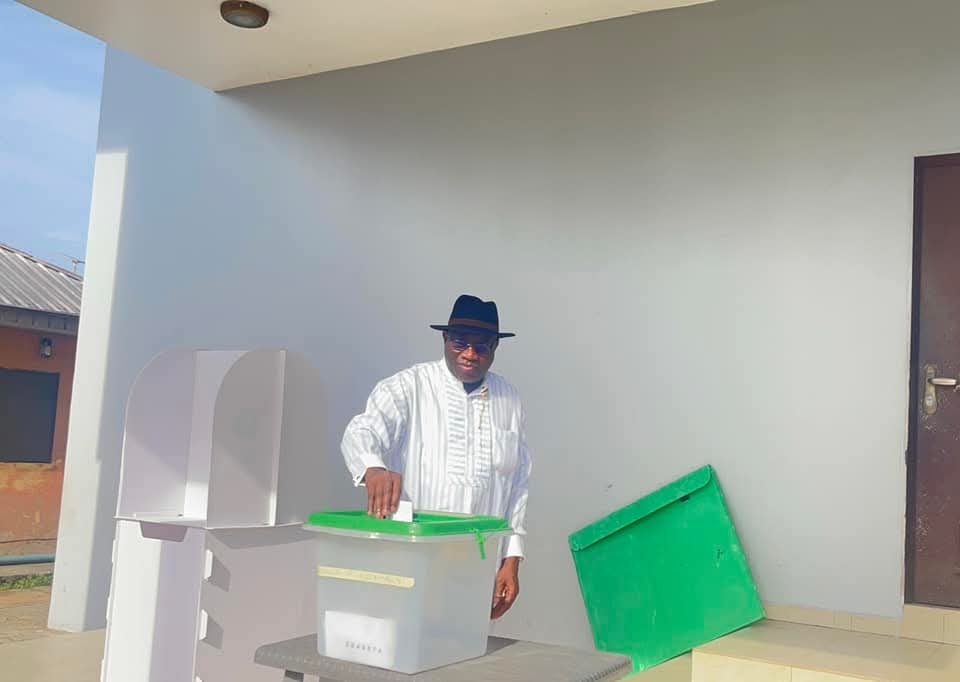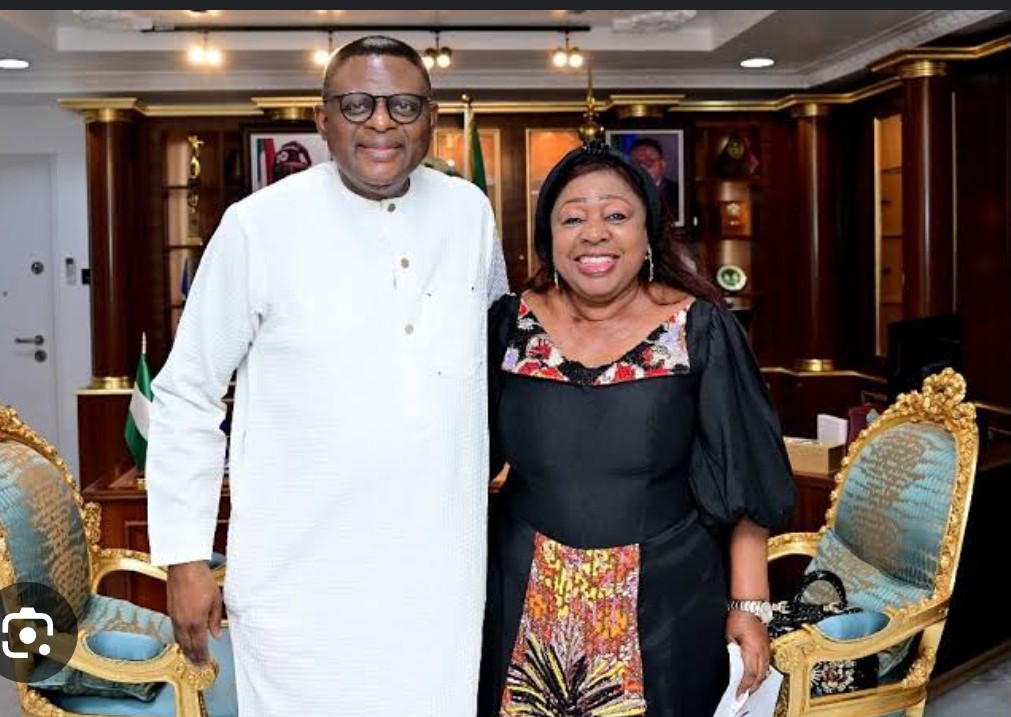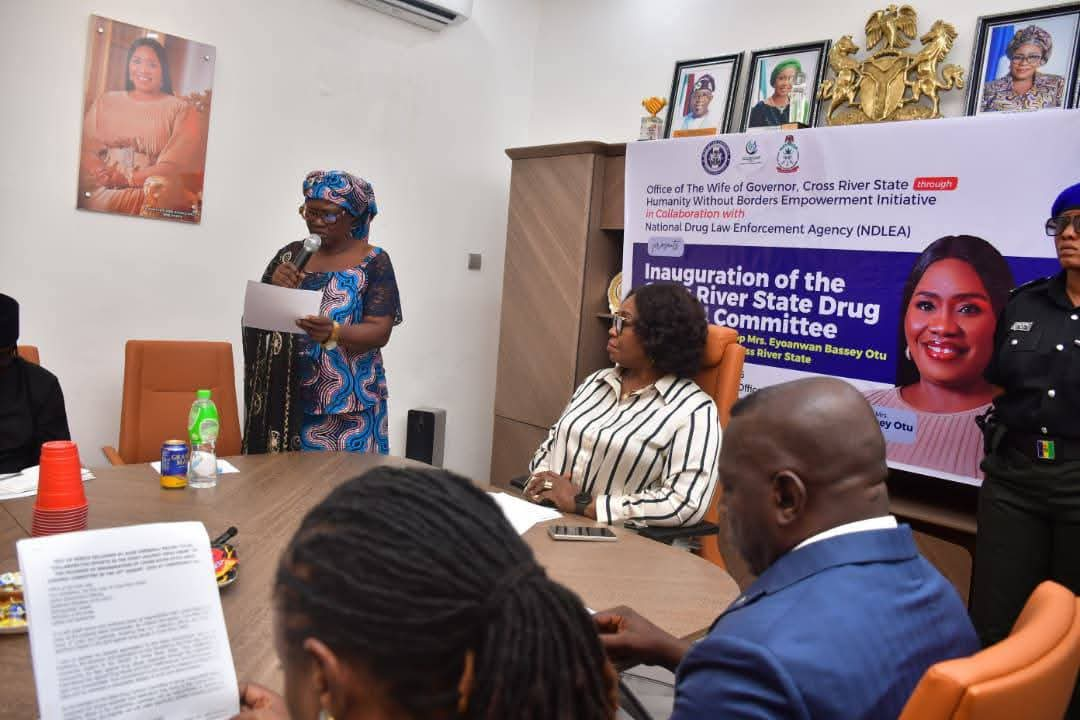Former President Goodluck Jonathan has called for significant electoral reforms in Nigeria, advocating for a more transparent and independent process for appointing the chairman of the Independent National Electoral Commission (INEC). Speaking at a dialogue on electoral reform in Abuja, Jonathan stated that despite progress since 1999, Nigeria’s electoral system still faces serious challenges that need to be addressed to ensure elections reflect the will of the people.

Jonathan, represented by the Executive Director of the Goodluck Jonathan Foundation, Ms. Ann Iyonu, presented several key suggestions to improve the nation’s democratic process.
Jonathan proposed reforming the appointment process for the INEC Chairman to enhance public trust and reduce perceptions of bias.
He suggested establishing an independent screening and nomination mechanism composed of representatives from the judiciary, civil society, academia, and professional bodies. This body would vet candidates and present a shortlist to the President for appointment. This, he believes, would bolster INEC’s neutrality and the legitimacy of its decisions.
To combat the increasing problem of political party indiscipline, particularly the frequent defection of elected officials, Jonathan recommended creating an independent Office of the Registrar of Political Parties. This office would be responsible for regulating party operations, promoting internal democracy, and enforcing discipline, with the power to declare the seat of any defector vacant. Jonathan noted that this model has been effective in other countries, like Kenya and Malawi.
Another crucial reform highlighted by the former president is the need to resolve all post-election legal disputes before elected officials are sworn into office. Jonathan argued that having officials with unresolved court cases in power creates confusion and undermines the authority of their office and the entire electoral process. He emphasized that adopting a framework for the timely resolution of these disputes would ensure justice and electoral credibility.
Dr. Sam Amadi, Executive Director of the Abuja School of Social and Political Thought, organized the dialogue where Jonathan’s views were shared. Jonathan commended Amadi’s work, describing it as a “patriotic service to Nigeria and future generations.” He stressed that the proposed reforms are not partisan but are essential for strengthening the nation’s democratic foundation.
“Democracy is not just about casting ballots; it is about building institutions, promoting accountability, and protecting the dignity of the citizen,” Jonathan said. He concluded his remarks by urging Nigerians to courageously confront democratic weaknesses to build a country where elections are credible, leaders are accountable, and democracy truly benefits the people.





